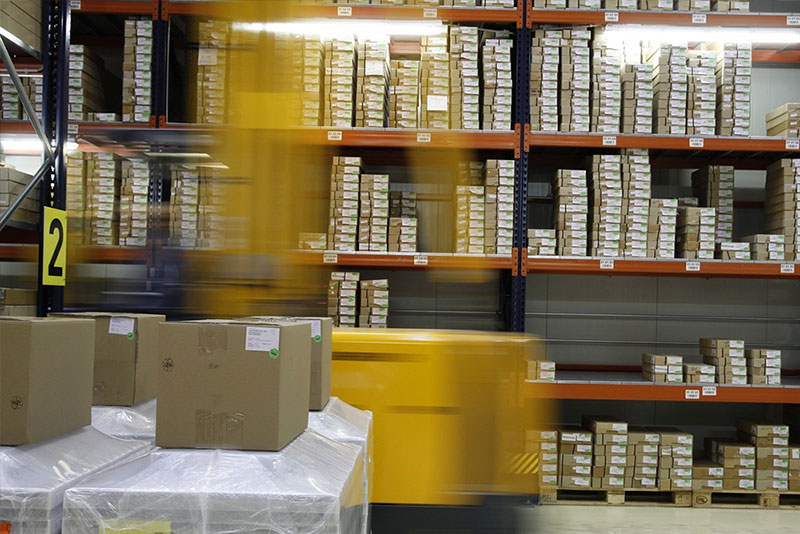Handling bulk processing of goods in a US overseas warehouse requires careful planning and efficient logistics management. Whether you're an importer, exporter, or a business looking to streamline operations, understanding the process is crucial for cost-effectiveness and timely delivery.

Firstly, choosing the right US overseas warehouse is paramount. Consider factors such as location, proximity to ports, storage capacity, and the warehouse's capability to handle the volume and type of goods you deal with. This decision significantly impacts transportation costs and overall efficiency.
Once you've selected a warehouse, establishing clear communication channels with your logistics provider is essential. Clearly outline your requirements for bulk processing, including packaging specifications, labeling, and any specific handling instructions. This ensures that operations run smoothly and reduces the risk of errors.
Utilizing technology can also streamline bulk processing. Many warehouses offer inventory management systems that provide real-time updates on stock levels, order status, and shipping details. Integrating your systems with the warehouse's can improve visibility and coordination.

Another critical aspect is compliance with US customs and import regulations. Ensure that your goods meet all requirements for entry into the US, including proper documentation and adherence to tariffs or duties. Non-compliance can lead to delays and additional costs.

Efficient handling of bulk processing also involves optimizing transportation logistics. Consolidating shipments whenever possible reduces transportation costs and environmental impact. Work closely with your logistics provider to plan efficient routes and modes of transportation.
Regularly reviewing and optimizing your warehouse operations is key to maintaining efficiency. Analyze processing times, inventory turnover rates, and customer feedback to identify areas for improvement. Continuous improvement ensures your operations remain competitive and responsive to market demands.
Lastly, consider the scalability of your operations. As your business grows, your warehouse and logistics needs may change. Choose a warehouse provider capable of accommodating future growth and adapting to evolving market conditions.